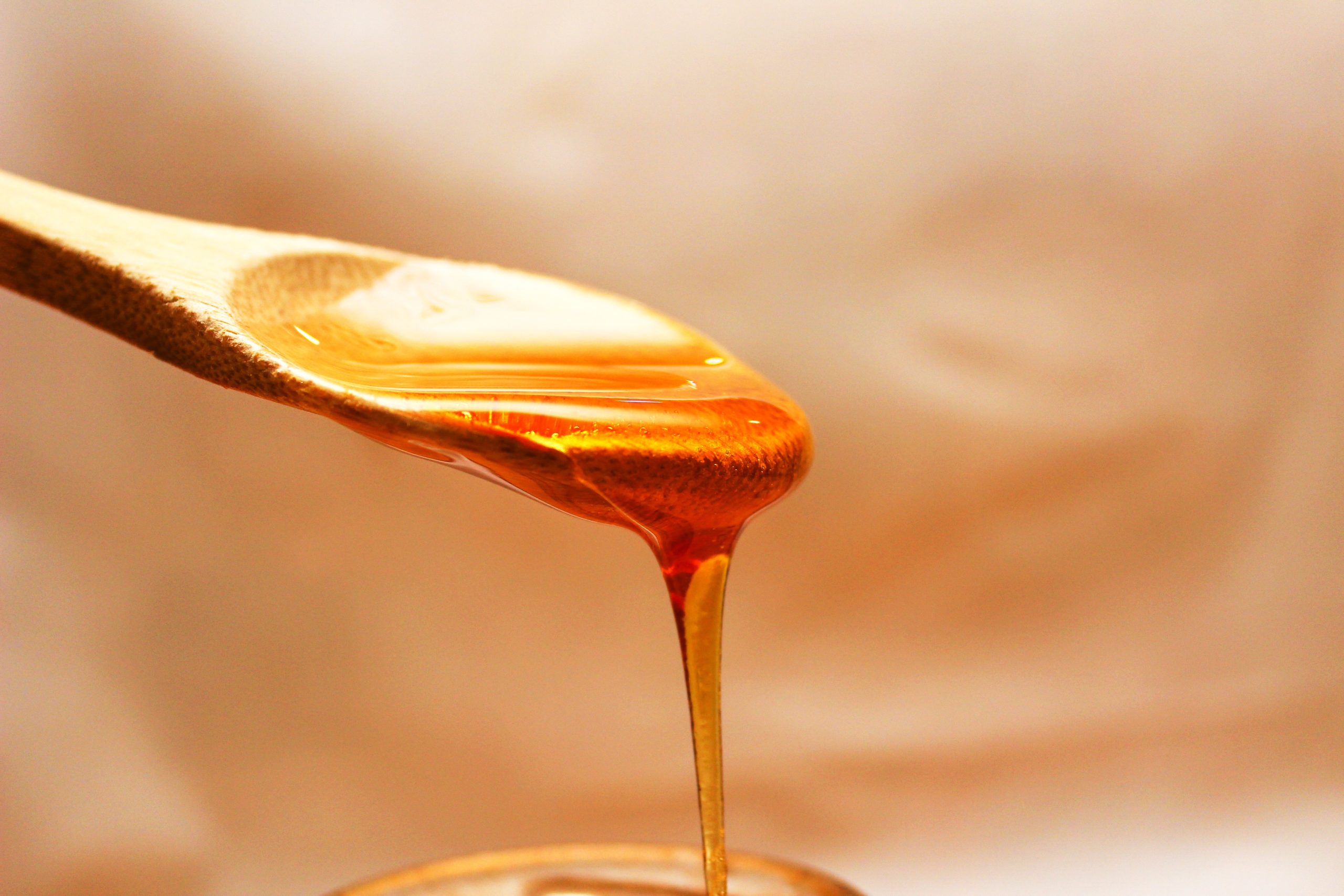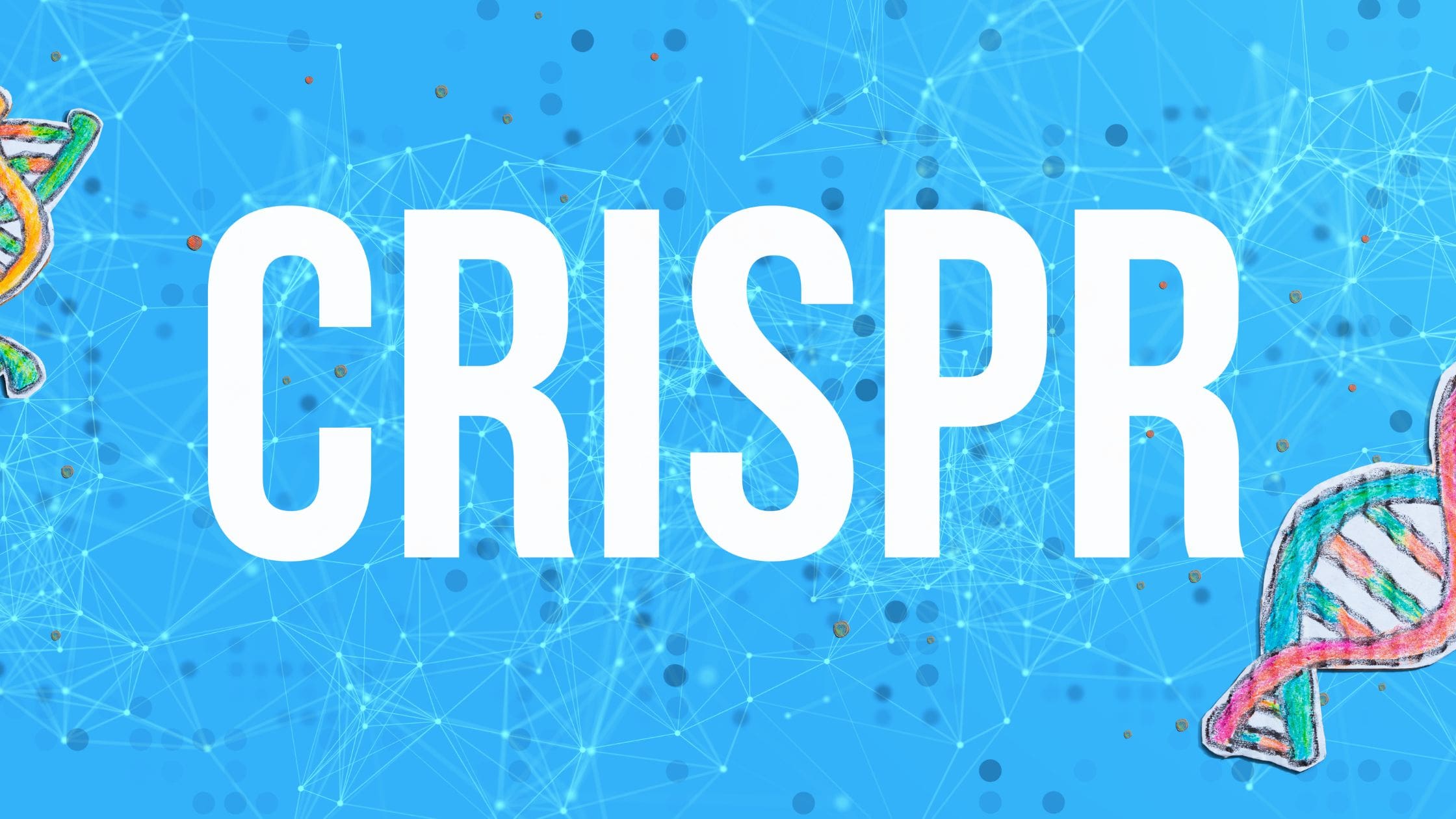Most of us think of honey simply as a sweetener to stir into coffee or tea, but it turns out that this golden syrup produced by bees all over the world offers a wealth of health benefits. As a matter of fact, honey—which has been consumed by people for thousands of years—is full of flavonoids and polyphenols that act like antioxidants that can help heal wounds, fight infection, and actually extend your life. Ikaria, Greece, home to the world’s longest-living people and where many older residents consume honey at least once a day, use it to treat ailments from the common cold to minor wounds. High-quality, minimally processed honey, especially darker varieties, contains beneficial bioactive plant compounds.
Honey is a proven broad-spectrum antimicrobial agent that not only enhances wound healing but it also has a beneficial effect in treating cancer, according to the National Library of Medicine and the National Center for Biotechnology. In a study of 6,654 men who kept a dietary record for seven days, risk factors for vascular and other diseases in 41 men who recorded eating honey suggest that those individuals were, on the whole, healthier than those men who had not recorded honey consumption. And in a follow-up study over 25 years, the men who had eaten honey had a lower risk of death.
An article based on clinical research published in the Pharmacognosy Research Journal concluded that “honey could be considered as a natural therapeutic agent for various medicinal purposes,” with evidence that it has potential uses in treating diseases that range from asthma and diabetes to cancer. The NCBI said that flavonoids and polyphenols, which act as antioxidants, are two of the main bioactive molecules found in honey.
Research on honey for specific conditions includes these benefits:
- Antioxidants in honey might be associated with a reduced risk of heart disease.
- Eucalyptus and citrus honey can act as cough suppressants for people with upper respiratory infections and coughs.
- Honey might help relieve gastrointestinal tract conditions such as diarrhea brought on by gastroenteritis.
- There is some evidence that honey might offer antidepressant, anticonvulsant, and antianxiety benefits as well as helping to prevent memory disorders.
- The topical use of medical-grade honey has been proven to promote wound healing, especially burns.
While honey can raise blood sugar levels like any other form of sugar, according to a source, some evidence suggests that due to its antioxidant properties, it may help prevent metabolic syndrome and diabetes, two conditions often associated with aging. In a study of 50 people with type 1 diabetes and 30 people without the disease, researchers found that, compared to sugar, honey had a lower glycemic effect on all the participants. Honey is also an effective treatment for diabetes-related foot ulcers, which can be serious. Raw honey comes straight from the hive and is the least processed with the most antioxidants, while pasteurized honey has been processed to remove imperfections and reduce its shelf life.
Registered dietician Mira Illic, MS, RDN, LD, warns consumers to read the labels on pasteurized honey as it can be spiked with added corn syrup or other sweeteners. She says:
“The clearer the honey, the more processed it is. Raw honey seems to be the better choice. It’s likely to have some pollen and more enzymes because it’s not treated with heat. Pollen may have beneficial properties. But pollen does make honey look foggier.” Illic suggests using honey in plain yogurt, coffee, tea, or sauces or marinades, or in baking. It’s important to remember, though, that you should never give honey to infants under one year of age as there is a risk of botulism.
No matter how you consume honey, its benefits make it a much more healthy choice than other sweeteners, and it may even help to extend your life.




